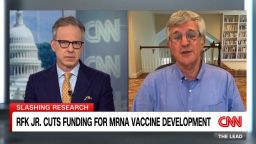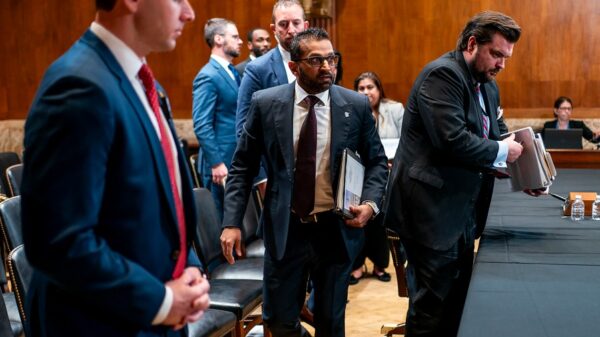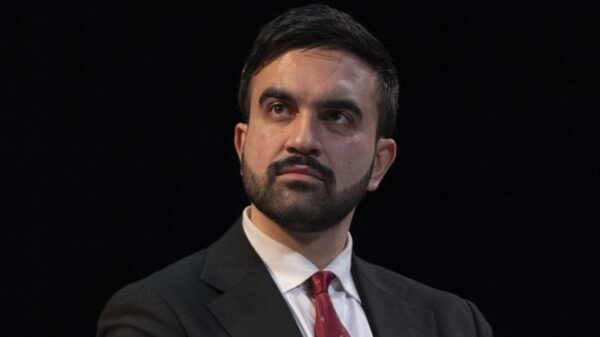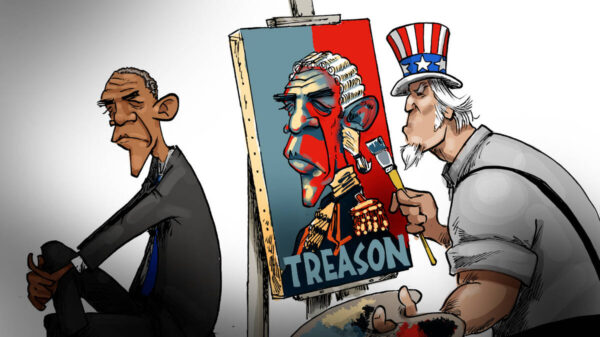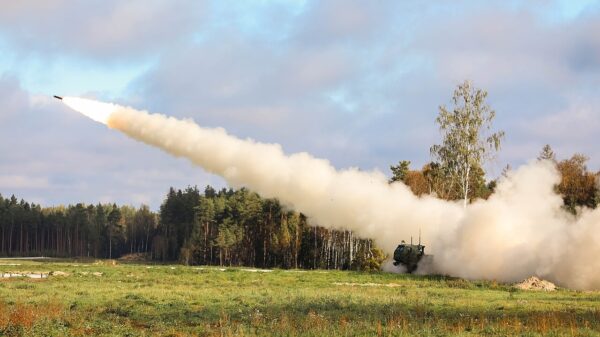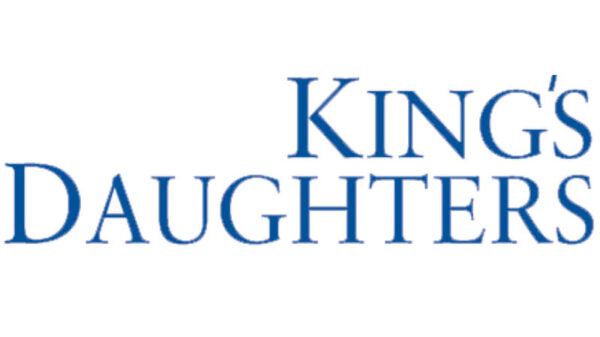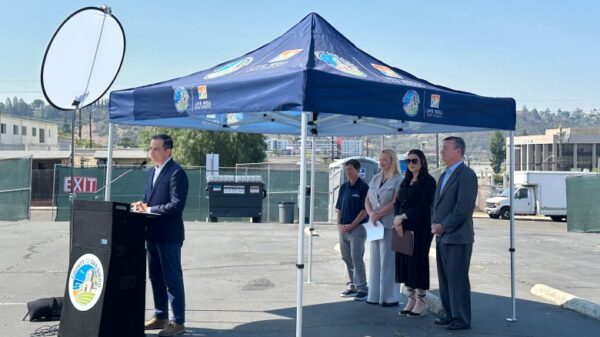Recent decisions by the Trump administration to halt federal funding for mRNA vaccine development have raised significant concerns among public health experts. On March 15, 2024, Health and Human Services Secretary Robert F. Kennedy Jr. announced the cancellation of $500 million in investments aimed at advancing mRNA technology. This decision followed President Donald Trump‘s praise of Operation Warp Speed, the federal initiative credited with accelerating the development of COVID-19 vaccines.
Experts warn that the withdrawal of financial support could hinder the United States’ ability to respond effectively to future health crises. According to various vaccine and preparedness specialists, this move could cripple rapid vaccine development, which was crucial during the COVID-19 pandemic. Dr. Michael Osterholm, an epidemiologist at the University of Minnesota, described the decision as one of the worst public health choices in decades, particularly concerning pandemic preparedness.
Kennedy’s announcement suggested that the shift in funding would focus on “safer, broader vaccine platforms,” such as whole virus vaccines. He asserted that this decision was based on scientific evaluations and expert opinions, but his history of spreading vaccine misinformation has raised alarms. Experts criticized his claims that mRNA technology is ineffective and unsafe, which could undermine public confidence in vaccine development.
Dr. Cynthia Leifer, a professor of immunology at Cornell University, expressed concern over the implications of abandoning mRNA research. She likened this action to starting a kitchen remodel and stopping after the walls have been torn down, leaving one without the necessary facilities. “You’d be out your money and you don’t have a kitchen,” she remarked, emphasizing the need for continued investment in this vital technology.
The mRNA vaccine platform is praised for its flexibility in responding to emerging infectious diseases. Dr. Jennifer Nuzzo, an epidemiologist and director of the Pandemic Center at Brown University, highlighted that mRNA vaccines can be developed in days rather than months, a critical advantage when facing potential pandemics. Unlike traditional vaccine methods that require lengthy processes to grow virus cultures, mRNA technology allows for a quicker response to threats.
Kennedy’s declaration has also raised concerns about the broader implications for the pharmaceutical industry, particularly as vaccines constitute a small segment of the industry’s portfolio. “It’s government money that drives companies to make them,” Osterholm noted, emphasizing the vital role of public funding in vaccine development. The decision to reduce support for mRNA vaccines may have a chilling effect on innovation and investment in the field.
Looking ahead, experts warn that if another pandemic were to occur, the US might find itself lagging in vaccination efforts. “The constant undercutting of support for vaccines is really a challenge,” Osterholm stated. “If we had another pandemic today, we would have to watch large parts of the world not get vaccinated for several years.”
The potential repercussions extend beyond immediate health concerns. Dr. Katalin Karikó, a Nobel Prize winner for her pioneering work on mRNA technology, expressed worry about the future landscape of scientific research in the US. “It is really the next generation that will suffer the most,” she stated, pointing out that scientists may seek opportunities in countries that continue to invest in innovative research.
In summary, the Trump administration’s decision to cut federal funding for mRNA vaccine projects has prompted significant backlash from health experts. They warn that this move could leave the United States vulnerable to future health threats and stifle advancements in medical innovation, underscoring the critical need for ongoing investment in vaccine development.






